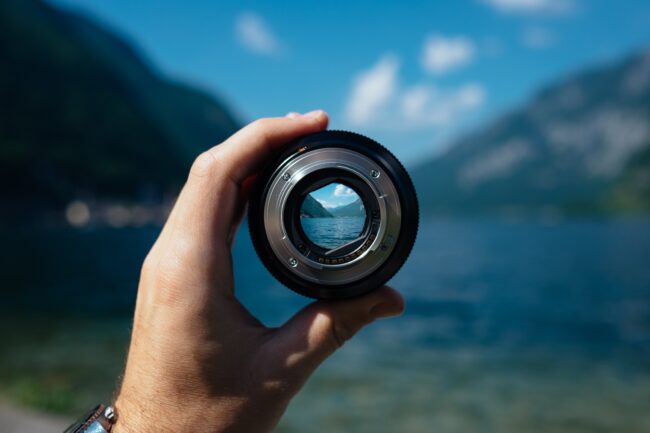What are the key skills for controlling your drinking?
This post is part of a short series explaining the key skills for gaining control of your drinking or for that matter your drug use. This post describes the main areas of skill, the mind skills and the psychological skills. In the following post’s we’ll go into specific skills in order of importance, so you can learn them.
What Are the Skills for Controlling your Drinking?
The skills for controlling your drinking are the same skills that you use for controlling drug abuse, alcoholism or for that matter they are the same skills you use for keeping yourself focused and achieving anything. Whether that be you’re training, and studies or a career goal or just changing a habit that you’ve wanted to change for a long time.
In fact the skills you use for controlling your drinking are the skills that drive you to achieve anything in life. When you take a look at them a bit closer they are a combination of mind skills and psychological skills.
What’s the Difference Between Mind Skill and Psychology?
Psychological Skills are all about changing what you believe so you can change what you feel and do. While on the other hand mind skills are the skills you use to focus your, mind on an objective or goal and excluding any other possibility until you achieve that goal.
When it comes to drug and alcohol misuse we use both psychological and mind strategies to control and change our urges and habits. But really at the end of the day why we need to change our psychology and our mind is the more important question.
Why Control Your Mind?
Controlling your mind is the singularly most important skill you can never learn. It is the skilled drives you to create solutions to the problems of life so that you can overcome those problems and go on to thrive. Both skills aim at changing your brains so you can get control of your life. In short learning to control your mind will help you achieve the life you want. If you don’t change your mind and psychology and ultimately your brain you won’t have control of your life and you’ll likely lose control of your life and get what life gives you. You won’t be the master of your own destiny.
Both skills, whether they be psychological skills or mind skills intend to create changes in your neurology, that is your brains wiring. By creating new circuits that drive better habits and eliminate unhelpful habits you in turn become more empowered to get what you want in life. This includes getting control of your drinking and eliminating illegal drug use. In turn by changing your neurology or the way your brain is wired up you are able to change your habits, your urges, and for that matter anything that needs to be changing.
It’s more of a Question of What Happens if You don’t Control Your Mind?
On the other hand if we look at what happens if we don’t learn to control their mind and our psychology, we see that things won’t likely go our way. You see all I’m talking about is the process of growing more and more empowered and capable of getting more and more out of life. But the equal and opposite is also true. If we don’t learn how to control what goes on in our minds we are likely to get whatever life gives us. We won’t overcome our problem behaviours. We won’t overcome our problem urges. We won’t be able to develop the kinds of sophisticated strategies that enable us to thrive in life and living.
In short we want you to learn how to control your mind and control your psychology so that you get better and better at getting what you want out of life by developing more and more effective and sophisticated empowerment strategies
In The Next Post
that’s all for this post. In the next post we’re going to look at how you control your mind and psychology. For now just think about the importance of getting control of your mind so you can control your urges habits and develop more and more effective problem solving strategies that make you a more and more happy, secure, and empowered person.


